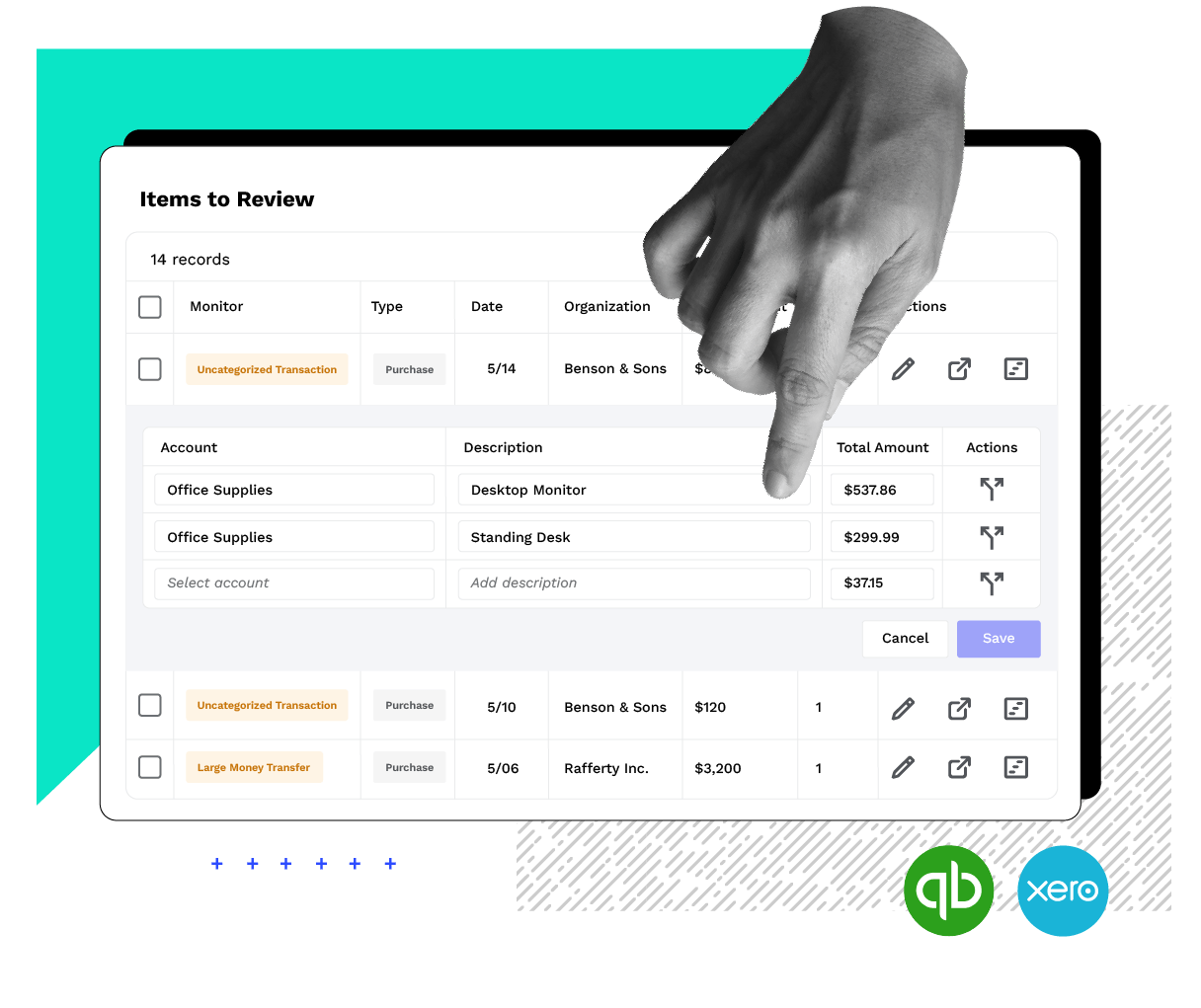Succession planning isn’t just for retiring entrepreneurs. In fact, more and more people are delaying retirement, according to a recent Gallup Poll. The poll shows 74% of working Americans plan to work past retirement age, with 11% expecting to work full time and 63% expecting to work part time. But even if retirement isn’t on the near horizon for you, having a succession plan in place is a smart idea.
Incredibly, three in five small businesses do not have a business succession plan in place, according to a Nationwide Small Business Survey. Of those, 47% don’t have a succession plan because they don’t think it’s necessary, while 14% don’t have a plan because they’re not willing to give up their businesses. Other reasons for going without a succession plan include not knowing when to create a plan (11%), not having time to develop a plan (11%) and being confused by government regulations (8%).
What will happen to your business when you are no longer at the helm? Do the people who are next in line know your vision for your business? (Do you even know who your successors will be?)
Here’s how to develop a succession plan to keep your CPA firm thriving for years to come.
Succession Plan 101
- Choosing your successor. Do you have a family member in mind as your successor? According to The Family Firm Institute, only about 30% of family-owned businesses survive into the second generation, 12% make it into the third generation, and only about 3% last into the fourth generation and beyond. Family business succession planning can make help your firm beat those odds.
If you are not choosing a family member to take over, quell any foreseeable arguments by keeping the lines of communication open with all staffers. Your reasons for not passing the business down to someone in your family might be obvious, but if you are concerned this could cause problems in the family or the business, hiring an outside business consultant to help with succession planning is a good idea.
Whether your chosen successor is a family member or not, you should:
- Discuss the opportunity with them extensively to make sure they are enthusiastic and ready to take on the job.
- Gradually educate them about all aspects of the business so they learn the ins and outs of all operations.
- Stretch their skill levels, give them more responsibilities and more management duties so workers are comfortable with taking orders from someone other than yourself.
- Make sure all your key players know the plan for succession, so the choice isn’t a surprise to anyone.
- Make it legal. The form of your business affects your succession plan. If you have shareholders or partners, your succession plan may need to include a buy/sell agreement that allows your successor to buy out other partners’ and shareholders’ shares of the company, or you may need to transfer to your successor through a shareholders’ agreement. Other options include an exit plan that allows for shareholders to buy out your shares, or gifting part or all of the business to your successor. Congress recently increased the lifetime gift exemption to $10 million adjusted annually for inflation. You might owe taxes on monies exceeding the exemption, but once you no longer own the business, it’s no longer part of your estate, and future profits won’t subject your estate to additional taxes.
Alternatively, you may decide to help your successor buy the business by providing financing assistance. Then, you’d receive regular income from the loan principal and interest for the life of the loan. However you decide to hand the business over to a successor, make sure you go over the details with your attorney so there are no unanswered questions after you leave.
- Disability concerns. You never know when a long-term disability could prevent you from running your business until it happens, but you can prepare—just in case. Your succession plan should include steps to be taken in case of severe illness, a family crisis or even a serious accident. The person you designate to handle your duties for an extended absence doesn’t have to be your permanent successor when you leave your business, but this is a good time to find out if the person you have in mind can handle the job.
A succession plan should not be a company secret. Be open about building a backup bench and let employees know you are creating legal documents so the business can keep growing even when you’re not at the helm. The more employees know about your intentions, the more they’ll trust you and your successors to provide a long-term successful working environment.
——-
Nellie Akalp is a passionate entrepreneur, business expert and mother of four. She is the CEO of CorpNet.com, a trusted resource and service provider for business incorporation, LLC filings, and corporate compliance services in all 50 states. Nellie and her team recently launched a partner program for accountants, lawyers, and business professionals to help them streamline the business incorporation and compliance process for their clients.
Thanks for reading CPA Practice Advisor!
Subscribe Already registered? Log In
Need more information? Read the FAQs




